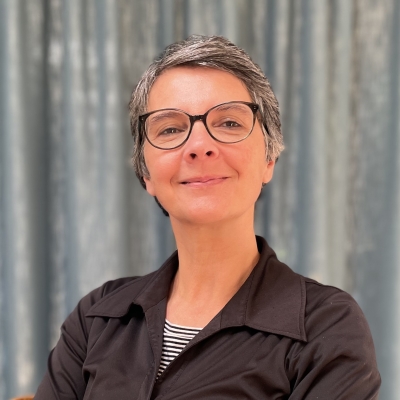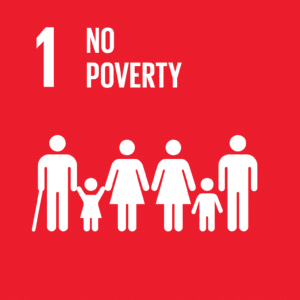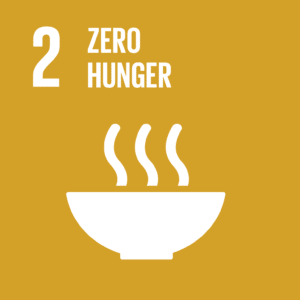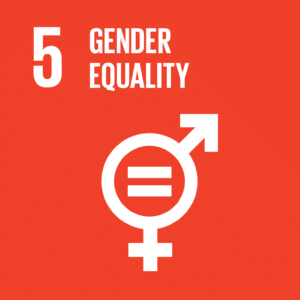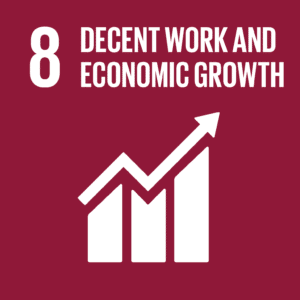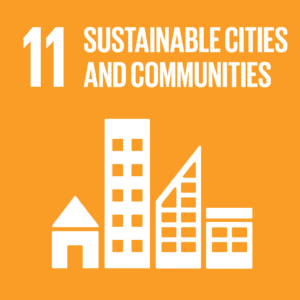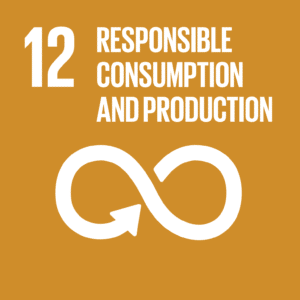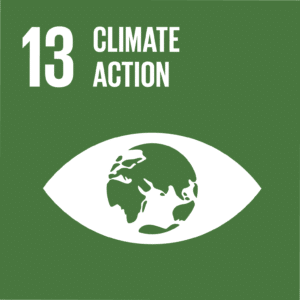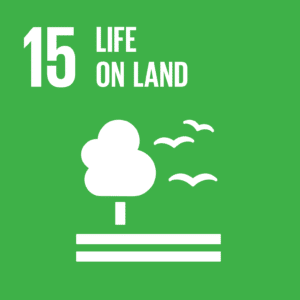Protecting the Green Belt of Ouagadougou against climate change
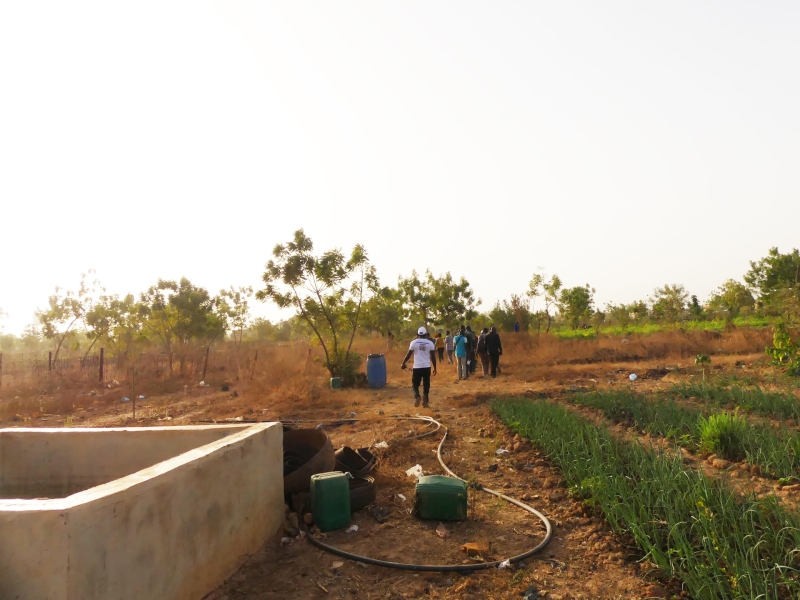
Burkina Faso's vulnerability to climate change
Burkina Faso's location in the Sahel makes it highly vulnerable to the impacts of climate change, leading to extreme weather events such as floods and droughts. In the capital, Ouagadougou, rainfall is low throughout the year, resulting in a significant decline in the native flora. Farmers in the Green Belt of Ouagadougou often use often harmful agricultural practices and struggle with water scarcity. Additionally, the improper planting of new trees in the Green Belt creates excessive shade, which poses a threat to agricultural production.
To preserve the diversity and number of trees in the Green Belt of Ouagadougou, the city and its partners have launched initiatives where women are allocated plots of land for vegetable cultivation. This enables them to achieve economic independence while, in return, they maintain the new planted trees in the Green Belt. However, the plots assigned to these women for gardening are small (30m²), making it challenging for them to generate a substantial income from their activities.
There is an urgent need for coordinated efforts from all stakeholders to address the impact of climate change and effectively rehabilitate the Green Belt of Ouagadougou.
Innovative forestry and climate-smart agriculture for sustainable urban development
To protect the Green Belt of Ouagadougou and enhance its carbon storage capacity, the current forestry model is being improved and expanded. This model integrates water-efficient agro-ecological food production, aquaculture, drip irrigation and reforestation with local tree species.
A multistakeholder platform is also being supported to enable local authorities, the private sector, research institutions and the civil society to develop a joint action plan for the protection and restoration of this essential urban green lung. This platform will contribute to establishing an inclusive and effective governance model for the rehabilitation of the Green Belt.
Furthermore, the resilience and adaptability of women and youth are being enhanced through training in climate-smart irrigation and agro-ecological farming practices. This includes the installation of solar-powered boreholes, drip irrigation systems, sustainable farming methods, and the establishment of agro-ecological gardens and nurseries. These agro-ecological practices reduce the use of chemical inputs and the emission of related greenhouse gases while contributing to healthier soils that sequester CO2.
In addition, short supply chain distribution models are being strengthened to effectively sell food products from the Green Belt within the city. Women and youth are supported in their entrepreneurial and agricultural activities, receiving training in business management and access to lucrative markets through B2B meetings and trade fairs.
In the Green Belt of Ouagadougou, 15 hectares are being protected and restored. A total of 15,000 trees will be planted, directly benefiting 4,200 residents.
The goal is to expand the integrated forestry model across the entire Green Belt. This model, along with reforestation efforts, will contribute to enhanced carbon storage in the soil, with an expected annual absorption of 125 tons of CO2.
This strengthens the resilience of urban communities in the face of current climate, environmental and health challenges. Additionally, the Green Belt is being further developed into a key hub for the supply of sustainable and healthy food to the city.

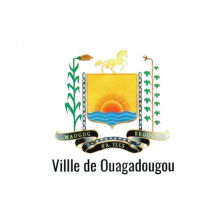
Want to know more about this project?
